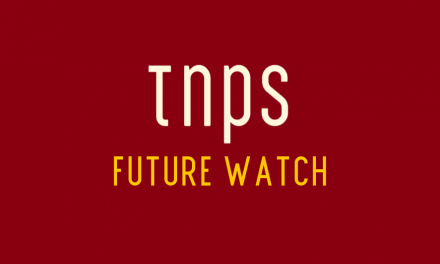It’s time trade publishers got off the comfy fence and started dealing with reality.
As major music labels like Universal, Warner, and Sony negotiate precedent-setting AI licensing agreements with startups Suno and Udio, other media industries – including news, music and academic publishers – are actively pursuing compensation for AI training data.
Trade book publishers? Not so much. But by staying on the fence, they risk being left behind if they don’t act quickly to secure similar deals.
Fingerprint Technology
The music industry is pushing for AI firms to implement fingerprinting technology (similar to YouTube’s Content ID) to track usage and ensure artists like Taylor Swift and Drake are paid when their work trains AI models.
Music labels also want influence over product development, equity stakes in AI companies, and opt-out clauses for artists – setting a potential blueprint for other sectors.
Meanwhile, news organisations and movie studios are also aggressively pursuing AI licensing frameworks. Most recently, the New York Times signed a deal with Amazon AI.
Slow to Establish
But trade book publishers, which control vast libraries of copyrighted text, have been slower to establish commercial terms for AI training data, despite growing legal and regulatory pressure on tech firms.
The music industry’s lawsuit against Suno and Udio – now shifting toward settlement talks – highlights the urgency. With the U.S. Copyright Office’s stance in flux and investor demand for clear AI licensing frameworks growing, media companies that delay risk losing out on revenue and control over their content.
Key Takeaways for Publishers:
Licensing Precedents: Music and news industries are setting the template for AI deals – book publishers must act or risk unfavorable terms.
Attribution & Compensation: Fingerprinting tech could ensure authors and publishers are paid when their works train AI.
Equity & Influence: Like music labels, publishers could negotiate stakes in AI firms and a say in product development.
Legal Leverage: Proactive deals may be smarter than litigation, given regulatory uncertainty.
While other media sectors move swiftly, trade publishers’ hesitation could leave them at a disadvantage in the AI era. Those who secure early agreements may gain long-term revenue streams and creative control – while laggards risk losing both.
But don’t expect any sensible advice from the UK’s Publishers Association and the Society of Authors.
PA CEO Dan Conway’s rants about heists and teenage demands for free, and the SoA’s month of action and a letter posted (seriously!) to Meta achieved precisely Jack Shit.
It’s time trade publishers got off the comfy fence and started dealing with reality.
This post first appeared in the TNPS LinkedIn newsfeed.



